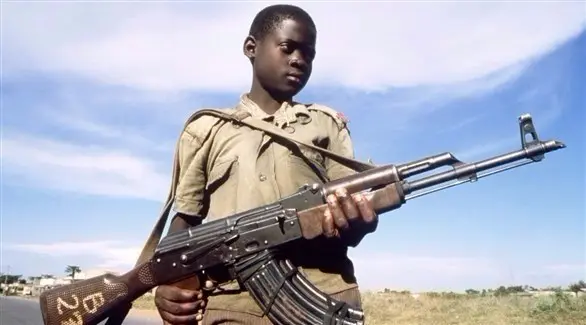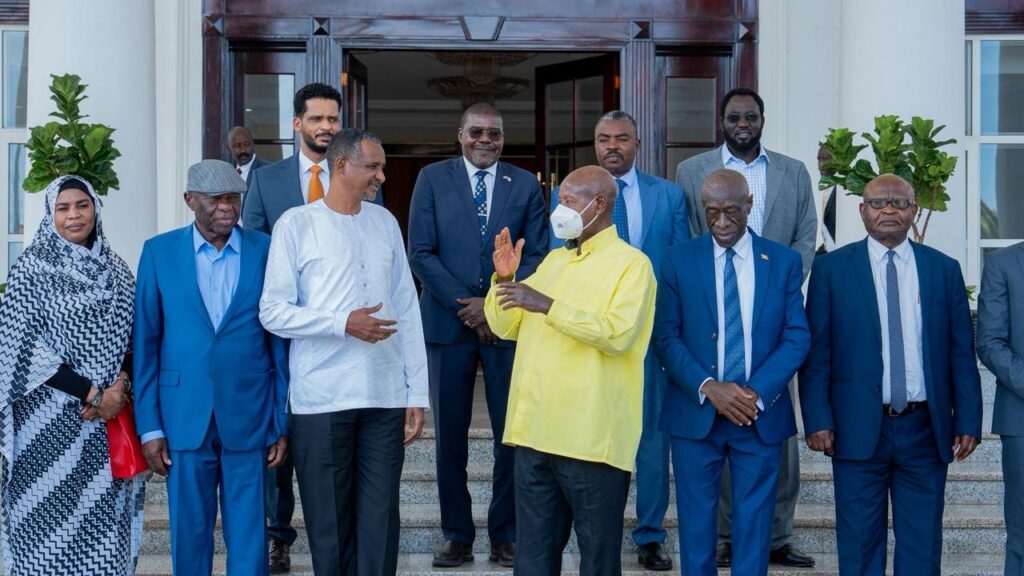
Rights experts and Sudanese civil society figures warn that the alleged recruitment and use of children and school students by authorities aligned with the Port Sudan–based SAF junta could trigger international prosecution for war crimes.
They point to a recent statement by the education minister granting fee exemptions to children of those killed in the so-called “Battle of Dignity” and to “participating students,” which they say constitutes an official acknowledgment that minors have been drawn into the fighting.
Legal and education advocates called the practice a grave, systematic breach of international and Sudanese law. They argue it violates the Convention on the Rights of the Child and its protections against the recruitment or use of minors in hostilities, as well as domestic child-protection statutes.
Ammar Yousif, of the Sudanese Teachers’ Committee, described the minister’s comments as an alarming precedent and a de facto admission of child participation in the conflict. He said prolonged war is pushing children out of classrooms and into combat to support themselves and their families, an act that is criminal under international law.
Emergency Lawyers executive member Rehab Mubarak Sayed Ahmed said child participation has been present since the war’s outbreak and contravenes Sudan’s 1991 Child Act and subsequent amendments. She alleged the practice is most widespread among forces aligned with Port Sudan — particularly the “Sudan Shield” and the “al-Baraa bin Malik” brigades — while noting other armed groups have also been implicated. She cited prior SAF mobilization centers and “general mobilization” campaigns, including in River Nile state, where minors were reportedly recruited.
Former diplomat Sadiq al-Migli called images and videos of children killed or captured while fighting with the SAF and allied movements “deeply regrettable,” and said such acts breach the 1949 Geneva Conventions and their 1977 Additional Protocols, the Universal Declaration of Human Rights, and the UN Convention on the Rights of the Child.
He added that recruiting children is prosecutable as a war crime and potentially a crime against humanity under the Rome Statute, which established the International Criminal Court (ICC). He said documentation collected by UN bodies — including the Office of the High Commissioner for Human Rights and an international fact-finding mission — as well as material provided to ICC officials in The Hague could underpin future cases. He expects the ICC to open investigations and seek to broaden its jurisdiction beyond Darfur to other active fronts in Sudan.
Legal expert Noon Kashkoush said the practice violates humanitarian treaties Sudan has signed — including global and African child-rights conventions — and directly contradicts Sudan’s Child Act, which categorically bans the recruitment or use of children in hostilities.
She stressed that these crimes do not lapse with time and that any political negotiations must include a robust justice and transitional-justice track. Omitting accountability, she warned, would risk entrenching impunity and sow the seeds for renewed conflict.




